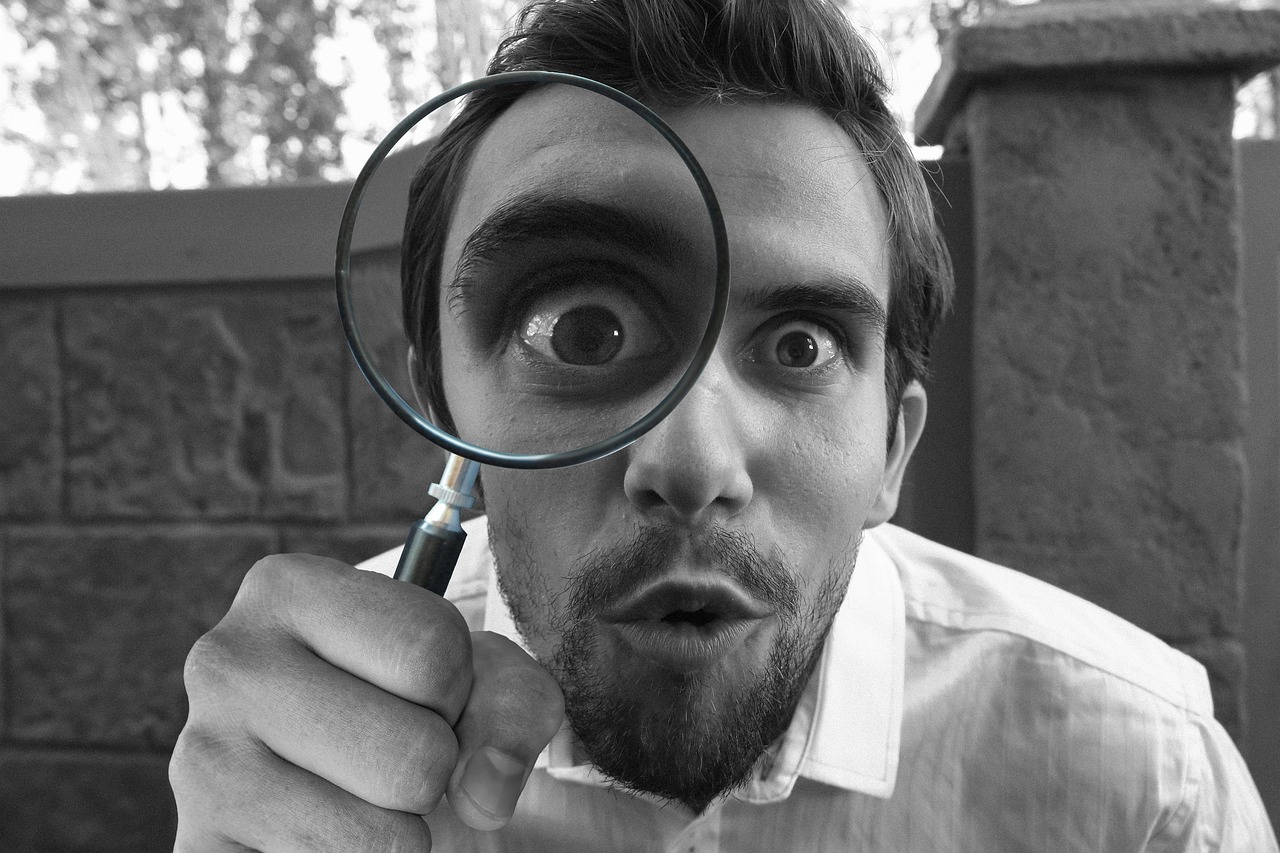When it comes to solving crimes and seeking justice, one field stands out for its scientific prowess: forensic science. This captivating discipline combines scientific methodologies with legal investigations to unravel mysteries and bring closure to victims and their families. In this article, we will dive into the world of forensic science, exploring its role in solving crimes, the impact it makes, and the career opportunities it offers.

The Role of Forensic Science in Solving Crimes:
Forensic science plays a crucial role in criminal investigations by examining physical evidence to establish facts and connect them to the individuals involved. Through meticulous analysis of fingerprints, DNA, fibers, and other trace evidence, forensic scientists provide valuable insights that help reconstruct events and identify perpetrators. By scientifically linking evidence to suspects, forensic science aids in the apprehension and conviction of criminals.
Making a Difference:
The Impact of Forensic Science: The impact of forensic science extends beyond crime-solving. By providing scientific evidence in courtrooms, forensic scientists contribute to the fairness and integrity of the legal system. Their expertise helps ensure that justice is served and the innocent are protected. Moreover, forensic science serves as a vital tool in exonerating wrongfully convicted individuals, rectifying miscarriages of justice, and restoring faith in the legal system.
Career Opportunities in Forensic Science:
For those passionate about science and justice, a career in forensic science offers a unique and fulfilling path. Forensic scientists can specialize in various areas, such as DNA analysis, ballistics, digital forensics, or crime scene investigation. With the growing demand for expertise in this field, professionals can find opportunities in law enforcement agencies, crime laboratories, government institutions, private forensic consultancies, and academia.
How to Pursue a Career in Forensic Science:
To embark on a career in forensic science, a solid educational foundation is essential. A bachelor’s degree in forensic science, biology, chemistry, or a related field provides the necessary knowledge and skills. Additionally, gaining practical experience through internships and research opportunities strengthens your profile. Pursuing advanced degrees or specialised certifications can further enhance career prospects and open doors to leadership positions in the field.
Conclusion:
Forensic science serves as a powerful tool in solving crimes, ensuring justice, and making a positive impact on society. Its amalgamation of scientific methodologies and legal investigations offers a thrilling and rewarding career choice for those driven by a desire to serve the greater good. By exploring the field of forensic science, we uncover hidden truths, shed light on mysteries, and bring solace to victims and their loved ones. Aspiring forensic scientists have the opportunity to contribute to the justice system, make a tangible difference, and pursue a fulfilling and meaningful career path.
FAQs :
1. What educational background is needed to become a forensic scientist?
A bachelor’s degree in forensic science, biology, chemistry, or a related field is typically required to become a forensic scientist. Some positions may require advanced degrees or specialised certifications, depending on the specific area of specialisation.
2. What career opportunities are available in forensic science?
Forensic science offers diverse career opportunities. Professionals can work in crime laboratories, law enforcement agencies, government institutions, medical examiner’s offices, forensic consultancies, research organisations, and academia. Specializations within forensic science open doors to roles such as forensic scientist, crime scene investigator, DNA analyst, digital forensic analyst, forensic psychologist, and more.
3. What kind of evidence do forensic scientists analyze?
Forensic scientists analyze a wide range of evidence, including fingerprints, DNA samples, hair and fiber samples, bloodstains, gunshot residue, documents, digital evidence, and more. They use specialized techniques to examine and interpret these types of evidence.
4. How does forensic science help in solving crimes?
Forensic science helps solve crimes by analysing various types of evidence such as fingerprints, DNA, fibers, and ballistics. These analyses can establish connections, reconstruct events, and provide crucial information that aids in identifying suspects and presenting evidence in court.
5. What are the different areas of specialization within forensic science?
Forensic science offers a range of specializations, including DNA analysis, ballistics, digital forensics, crime scene investigation, forensic anthropology, toxicology, forensic psychology, and more. These specializations focus on different aspects of evidence analysis and investigation techniques.
